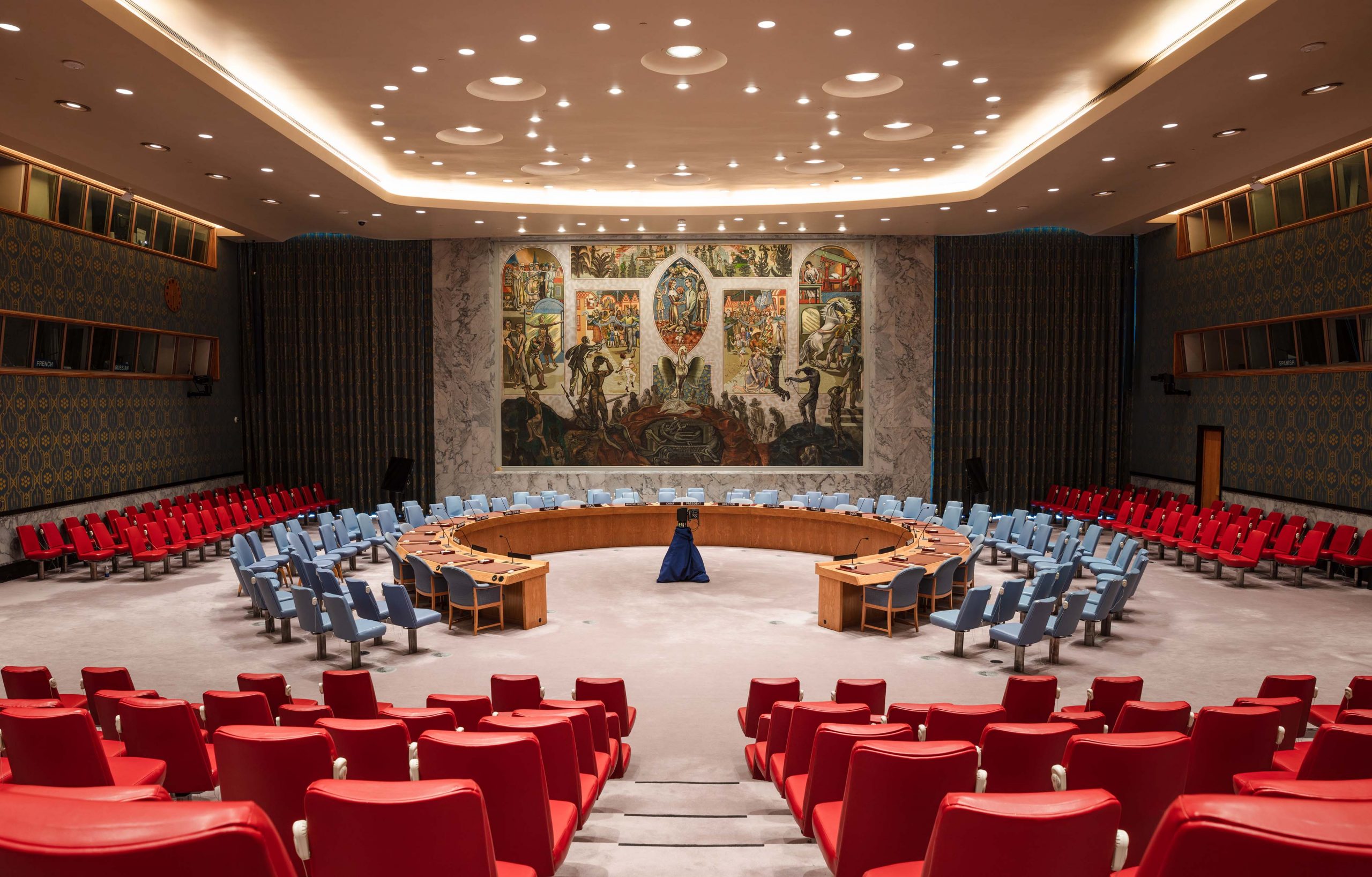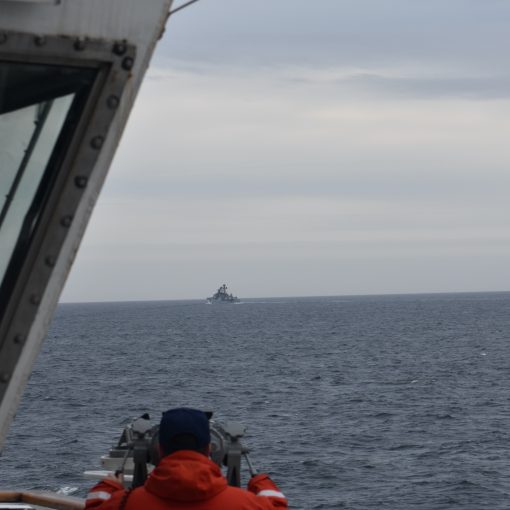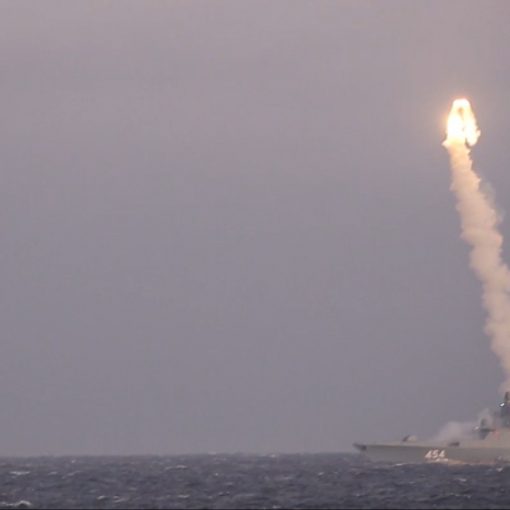By Jeff G. Gilmour, 22 March 2024
With permanent members of the Security Council having exclusive power of veto, the United Nations has in reality become a lame duck. As a result, in the case of Russia invading Ukraine, the UN is unable to take any measures or actions to halt this unlawful aggression. When it was written in 1945, the UN Charter aimed to prevent a situation like the Russian invasion. Article 2(4) states that “All Members shall refrain in their international relations the threat or use of force against the territorial integrity or political independence of any state, or in any other manner inconsistent with the Purposes of the United Nations.”
By invading a UN member country for a second time in less than a decade, Russia under President Putin has repudiated the international rule of law and order. As noted by Nicholas Rostow of the US Naval War College, “Putin has never accepted Ukraine as an independent state. That refusal, whatever its justification, does not change the international and legal character of Ukraine.”[1] This is similar to the circumstances of the invasion of Kuwait by Iraq in 1990, claiming that Kuwait was actually a province of Iraq that colonial powers had severed from the country.
The sanctions imposed by the UN against Iraq were different due to the break-up of the Soviet Bloc. At that time the Kremlin was willing to agree with the Security Council to counter the attack on Kuwait by Iraqi military force. Now with President Vladimir Putin at the helm, he is using Russia’s veto to thwart any action of the Security Council.
It is clear that the UN Charter limits the circumstances in which use of military force is lawful. There are three circumstances in which it is acceptable to use force. Section VII outlines the responsibility of the Security Council with respect to threats and breaches of the peace. First, it is lawful to use force as a result of the UN Security Council’s authorization (Articles 39-49). Second, Article 51 outlines the right of self-defence. It is lawful to use force in response to an armed attack or in anticipation of an armed attack where no alternative reasonably exists. Third, Article 51 says it is lawful to ask others to join in a state’s defence in the exercise of collective self-defence.
On 2 March 2022, the General Assembly considered the issue of self-defence and “deplored in the strongest terms the aggression by the Russian Federation against the Ukraine in violation of Article 2(4) of the Charter.”[2] The problem is the General Assembly has no authority to override a decision (or non-decision) by the Security Council.
With Russia a permanent member of the Security Council wielding veto power, it is unlikely that the original aims and intent of the UN Charter will be complied with. It is difficult to imagine that the membership of the Security Council will be altered in the short term to remedy this inequality. The current make-up of the Council makes it impossible to carry out the mandate described in the Charter.
As a result, the only realistic agency left to counter military aggression in European countries is NATO. The question is, do members have the resolve to confront Russia if it decides in future to expand its territory? Will the members continue to enhance their defence budgets and military forces to stand up to an attack by Russia similar to that on the Ukraine? Hopefully European countries, such as Hungary, will not attempt to undermine the organization. As a result of recent comments by Mr. Donald Trump about the restrictions on NATO’s response to a strike by Russia on any member country, many would agree that Europe cannot depend on the United States in future to evoke Article 5 of the NATO Charter and must instead rely on a united European military force to thwart any further Russian aggression. Many observers have already stated that if Trump is re-elected President, he will pull out of NATO completely.
[1] Nicholas Rostow, “Ukraine, Nuclear Weapons and the Future of International Law,” Naval War College Review, Summer 2023, Vol. 76, No. 3, p. 12..
[2] Note also the 1950 General Assembly’s “Uniting for Peace Resolution” (Resolution 377 A (V) G.A. Res.ES-11/1), which states that “where the Security Council, because of lack of unanimity of the permanent members, fails to exercise its primary responsibility for the maintenance of international peace and security, the General Assembly shall seize itself of the matter.” This, however, has not often succeeded.





2 thoughts on “Is the United Nations Still Relevant in Preventing State-to-State Aggression?”
Has anybody saw recent Netflix documentary: ‘Turning Point – The Bomb and the Cold War’. Right on the topic. I recommend.
Hello Jeff. With the precarious changes in the world today and the fact that autocratic state actors like Russia, China, Iran and others being able to thumb their noses at the United Nations and the Charter, perhaps it is time to make some serious changes to the organization itself. Having Russia, China or even the USA able to wield their veto power to any UN resolution, no matter how well-meaning legislation is put forward by UN representatives, seems to be a futile “fist banging” exercise for most UN members. The Charter definitely needs to change and be updated to reflect the world as it is today and not as it was when the UN was formed. Having an autocratic state able to have the kind of permanent-power status just does not make any sense in today’s world! The “permanent member” section of the Charter must be changed to give non-permanent member states the ability to have “permanent” status say, on a 5 year rotational basis between UN member states or have resolutions based on a % basis to pass all resolutions. That would get rid of an autocratic state being able to hold the Assembly hostage! Other than that, nothing will ever change and the autocratic states will have their way forever! Does anyone have a better idea?